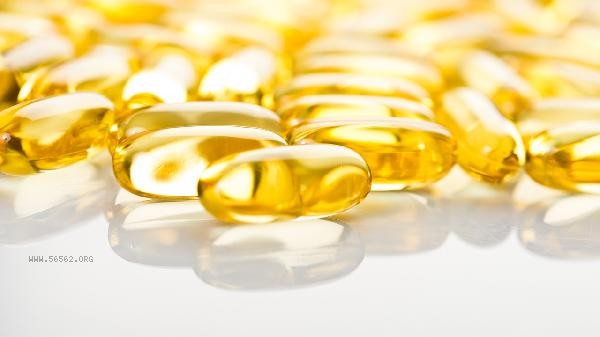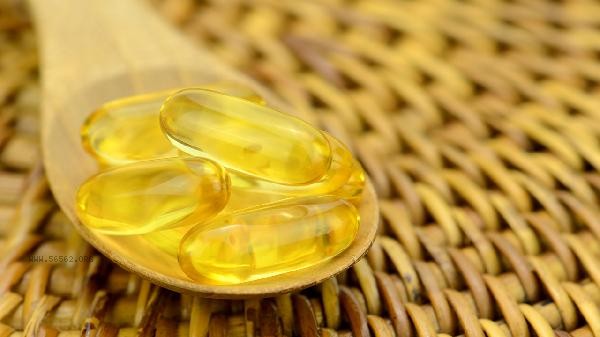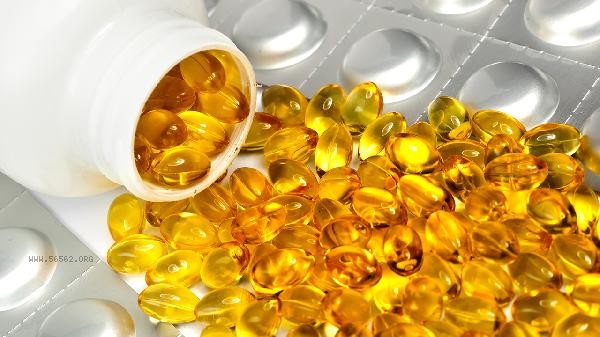Taomi water contains a small amount of water-soluble vitamins, mainly including vitamin B1, vitamin B2, vitamin B6, and niacin. These vitamins dissolve from the surface of rice grains into water during the washing process, but their concentration is low and cannot be used as the main source of nutrition.

1. Vitamin B1
Vitamin B1, also known as thiamine, is involved in carbohydrate metabolism and nervous system function. The trace amount of vitamin B1 in rice washing water comes from the rice bran layer, but prolonged soaking or repeated washing can further reduce it. Whole grains, lean meat, and legumes are the high-quality sources of this vitamin in daily diet.
2. Vitamin B2
Vitamin B2, also known as riboflavin, plays an important role in energy metabolism and skin health. The yellow green part on the surface of brown rice contains a small amount of vitamin B2, which is significantly reduced after processing of polished rice. The riboflavin in rice washing water is easily damaged by light and has a low actual utilization rate.
3. Vitamin B6
Vitamin B6 is involved in protein metabolism and hemoglobin synthesis, and its content is relatively high in unrefined rice. But the form of pyridoxine in rice washing water is unstable, and modern rice processing has removed most of the rice germ, making the actual content in rice washing water negligible.

4. Niacin
Niacin is one of the B vitamins, which is beneficial for skin and digestive system health. Although rice bran contains a certain amount of niacin, the concentration of free niacin in rice washing water is extremely low, far less efficient than obtaining it through consuming meat, mushrooms, or fortified grains.
5. Other components
The rice washing water also contains a small amount of minerals and starch, and its pH value is weakly acidic. Traditional medicine in some regions may utilize its cleansing or skincare properties, but its value as a nutritional supplement is limited. It is recommended to supplement vitamins through a balanced diet rather than relying on rice water. Although rice washing water contains various water-soluble vitamins, its nutritional density is much lower than that of whole foods. In daily diet, priority should be given to choosing foods rich in B vitamins such as whole grains, green leafy vegetables, eggs, and milk. If there are symptoms of vitamin deficiency, it is recommended to make dietary adjustments or take supplements under the guidance of a doctor to avoid relying on non primary sources of nutrition such as rice water. Reasonably preserving rice soup or choosing a mild washing method can reduce some vitamin loss during the cooking process.










Comments (0)
Leave a Comment
No comments yet
Be the first to share your thoughts!